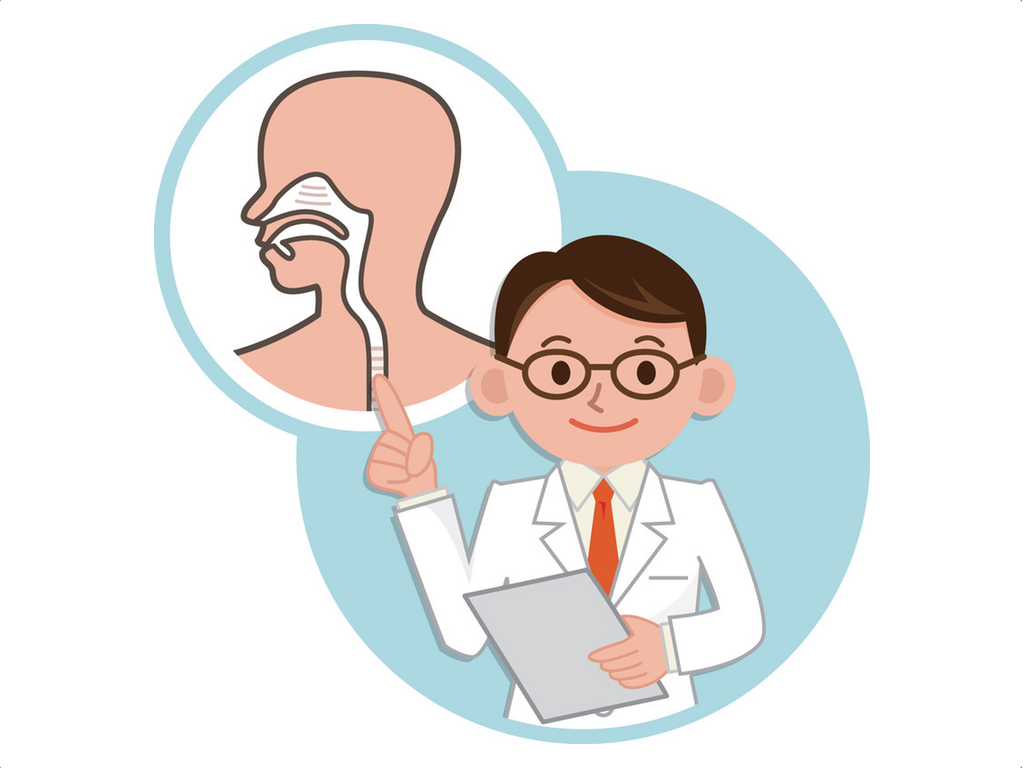It seems more and more singers are developing voice problems as they embark on their singing careers. Several recent famous examples include Adele, Sam Smith, Jess Glynne and John Mayer.
In this video, Dr. Steven Zeitels talks about surgery like Adele’s and the use of voice in the modern day.
Unlike the elite singer, most of us do not have access to a top Ear Nose and Throat (ENT) specialist like Dr. Zeitels, someone who really understands the requirements of the voice under singing conditions. In fact, we may even struggle to find a doctor who much cares.
Typical story
Over the years I have worked with singers and performing artists (PA) I have heard the following story time and time again.
The singer goes to their GP complaining that they have lost vocal range, their tone has become hoarse or rough, or the voice tires after only a few songs. The GP says “Better rest your voice then. Suck on some lozenges and you’ll be fine”. The singer returns a couple of weeks later, with the same problem, maybe worse. The GP says, in a tone that implies they are wasting his/her time, “There’s nothing wrong your throat I can’t see any redness, your speaking voice is fine. Maybe you need to lower the key/sing different songs/find a different job.”
I’m telling the truth, it happens more than one wants to believe.
 The singer becomes more anxious and upset. They don’t dare sing when they sound so shite, none will hire them again. Now their earning capacity is being affected and ‘creativity’ stifled. Yeah, you can forget songwriting!
The singer becomes more anxious and upset. They don’t dare sing when they sound so shite, none will hire them again. Now their earning capacity is being affected and ‘creativity’ stifled. Yeah, you can forget songwriting!Dark times.
After yet another visit the GP finally refers the singer to an ENT in the NHS system (UK public sector). The singer waits 6 months for an appointment. Voice problem continues, still unable to sing normally. By this stage, the singer is resorting to voodoo and witchcraft to see if that will help. The appointment day finally arrives. The singer is a mess, what will it be? A cyst? A haemorrhage? Or worse, those dreaded career ending nodules? Yes, that’s definitely what it will be, nodules!
The ENT uses a flexible scope to visualise the vocal folds, the tube gets passed via the nose. The singer says “AH” a few times, then an “EE”. The ENT says “Oh it’s a little bit red around the throat but there is no damage, vocal folds look fine, ba it of mucus but no nodules.” Big sigh of relief. “Some vocal rest and speech therapy, then you can sing again”
Little does the singer know that most ENTs have not specialised in laryngology. That is, the study of the larynx (which includes the vocal folds) and the pathologies related to these areas. This is a sub-specialty of ENT training. The ENT is also unlikely to understand how the voice needs to function during singing. Don’t get me wrong, they are definitely specialists, but not necessarily in matters pertaining specifically to voice, it is not included as a topic in the regular ENT training curriculum. The ENT trained doctor has to spend another year or so of further study if they want to specialise as a laryngologist.
Back to our singer. So they head off to see a Speech and Language therapist. Probably another few weeks on a waiting list. Again it’s likely the singer will work with someone who is unfamiliar with how the larynx and vocal folds should function during singing, or how to rehabilitate the voice back to normal singing function. The singer is given a few speech and breathing exercises, maybe a bit of straw therapy. After a few weeks, the singer is told, “Everything is fine now, your speech is normal.” But the singer still can’t sing through their full singing range and the voice tires after one or two songs. How is that ‘normal’?
Depression deepens, now we are in loss of identity territory.
Who am I if I can’t sing?
Back to GP, who says “Maybe you need antidepressants”…aaaaggghhh. No! What we need is doctors who:
1) care about performers
2)recognise we are different to the average Jo/Joe
3) understands that vocal issues in singers requires specialist treatment
4) know/are trained laryngologists
The right kind of Ear, Nose and Throat specialist
A Laryngologist ENT or Speech and Language therapist who is a singing voice specialist will understand the needs of the singer and their voice. They will know that the singer needs access to their full working range, to have a balanced and full tone, to be able to produce loud dynamics, to last through the song/gig/career. The Laryngologist will have the correct equipment to clearly visualise the vocal folds, use a rigid endoscope that goes via the mouth and be able to photograph and video the vocal folds in action. These specialists will ensure the singer actually sings during the examination or therapy session. They will ask probing questions about the voice not only during speech but also singing, as well as find out what else might be contributing to the issue (other work, lifestyle, diet etc). A singing voice specialist will be able to rehabilitate the voice appropriately with singing relevant exercises.
It’s not just the medical side either, a good singing/voice teacher will understand enough about vocal health and rehabilitation to assess and help a singer who has vocal issues – from a technical, physical and psychological point of view. They will know when and where to direct the singer if there are any red flags. They will have a list of reliable and appropriate people to refer a singer on to for help and proper assessment. Finally, they will have strategies to help the singer return to singing post their vocal issue.
So where can the singer go for help?
The general vocal health advice for voice changes or issues is to see a doctor if they last longer than 2 weeks. I believe a pro voice user should go within 24-78 hours, and to a doctor who understands professional voice users and performing artists.
You may need to shop around to find the right medical help and even travel somewhat. Unfortunately, medical voice specialists are not always easy to find, especially away from the larger cities. Get advice from a singing/voice teacher who belongs to organisations related to singing teaching, vocal health or vocal science (e.g. Vocology in Practice, British Voice Association, PAVA, NATS, ANATS) or find a Performing Arts Medicine practitioner or organisation in your region. In the UK you can attend a 30 min consultation for free at the British Association of Performing Arts Medicine (BAPAM) if you are a PA student, semi-pro or pro. Every PAM practitioner in the UK is on their list.
Beyond that if you are not satisfied that your doctor is a) taking you seriously b) empathetic to your needs c interested in helping you get back to singing then find someone else! You are not obliged to get medical care from someone who is not interested in helping you. Even if you can just find a doctor who will investigate your options, not fob you off because they haven’t got the experience. If this is your profession or the profession you are working towards then it is vital you get sorted before more harm is done.
If you are really stuck then CONTACT me and I will see if I can help you find someone in your area.




